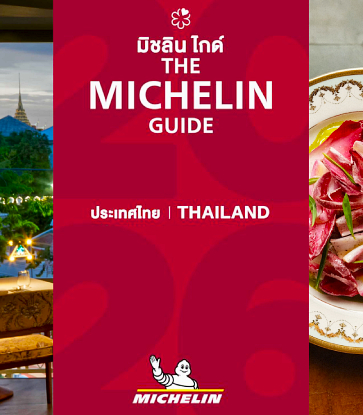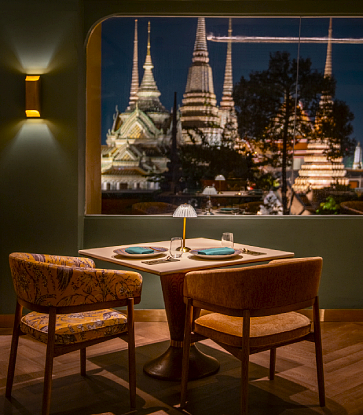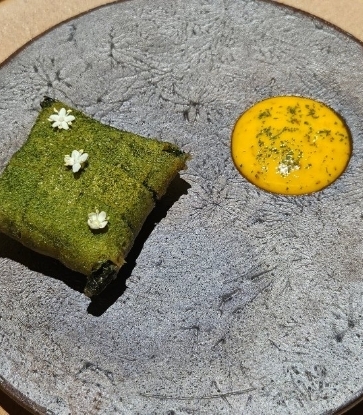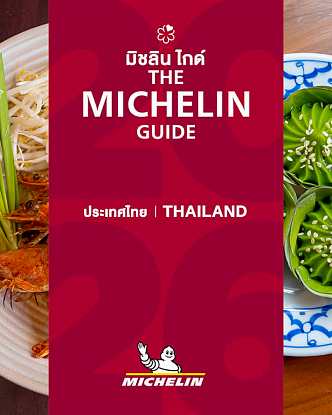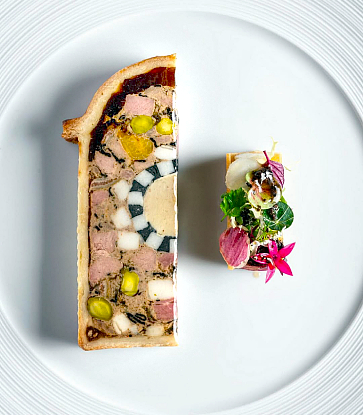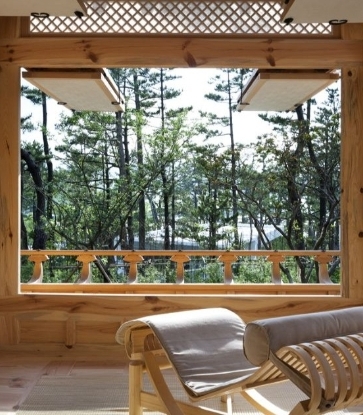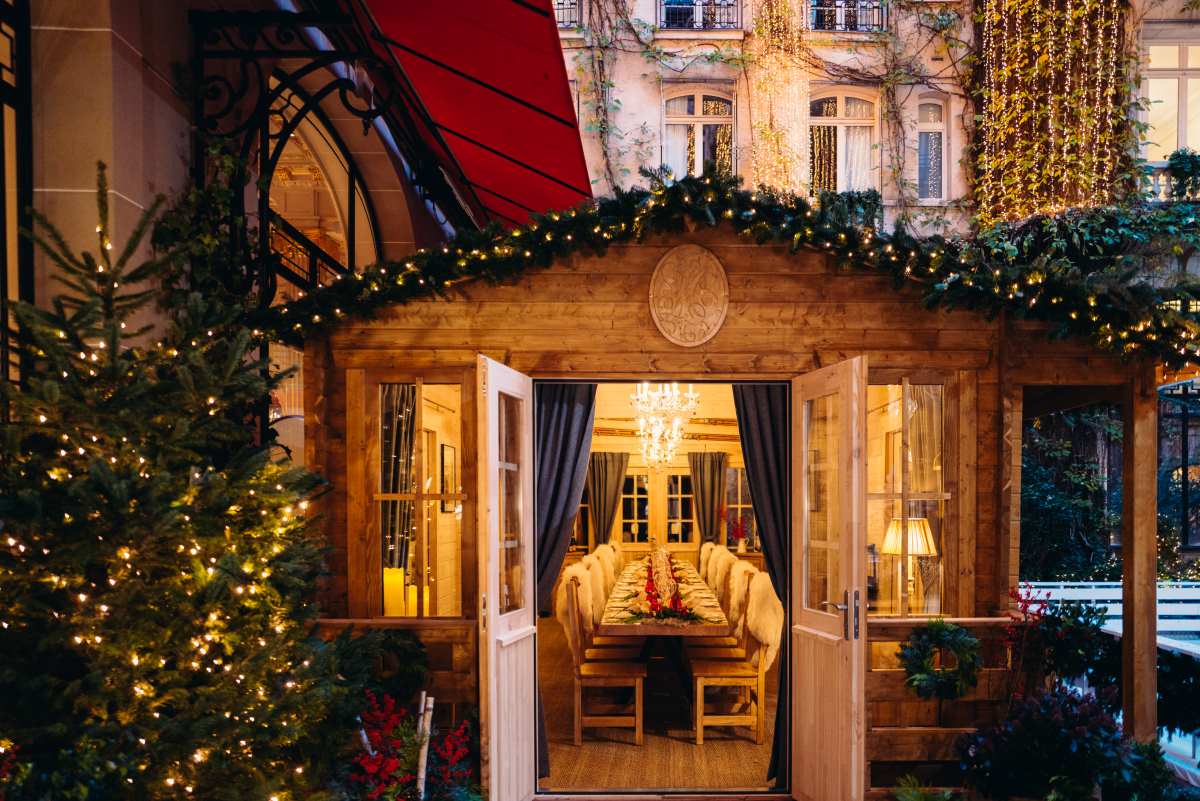Congratulations to William Simons of One MICHELIN Star Albi, MICHELIN Guide Washington, D.C. 2024 Sommelier of the Year winner, presented in partnership with Franciacorta!
Meaning “my heart” in Arabic, Albi is inspired by heartfelt flavors originally cooked by Chef Michael Rafidi‘s grandparents, who immigrated to the U.S. from Palestine. Brilliantly complementing the hearth-fired cuisine, Advanced Sommelier (CMS) William Simons serves as the restaurant's wine director, overseeing a selection filled with fantastic gems.
In his role, Simons balances a sense of education and fun. The menu is sprinkled with historical anecdotes like early winemaking in Armenia, as well as wine quotes from people like Freddie Mercury. He tells guests, “Sauvignon Blanc can be a bit like George Clooney when he was on The Facts of Life, and he was gawky and awkward. But when we blend it with sémillon, now you're dealing with George Clooney from Oceans Eleven.”
We spoke with him to learn more about his wine list and his own wine journey.
Join our community of travelers and food lovers! Create a free account to enjoy personalized recommendations, exclusive hotel rates, and the chance to share your feedback with our Inspectors!
How were you introduced to the world of wine?
My joking answer is that I read too much Jack Kerouac in high school. Despite reading about traveling hobos, I didn’t drink any wine until I was 18. The first wine I had was Beringer White Zinfandel. Nowhere to go but upward from there.I was working in restaurants. I developed a reputation among my friends as the guy that knew about wine, but I felt I had a significant degree of imposter syndrome, which drove me to reading. I got hooked on the confluence of place and culture and history, and it grew from there.
A lot of reading and working in restaurants, and then I got thrown into the deep end at a pretty serious wine shop in New York. In retail, you get to taste more broadly than you do in most restaurants, because you have to try to be all things to all people.
Albi has a reasonably large wine list at around 300 bottles, but in a retail shop, that would be tiny. There's a lot of exposure that comes along with that. I worked in wine retail for years. I made the move back to restaurants and started working the floor as a sommelier and pursuing some certifications, because I moved cities and my resume didn't mean all that much.

Could you tell us more about your wine list at Albi?
We have a global wine list that disproportionately favors wines that feature notable textures and acidity, smokiness to complement things off of the hearth.We certainly list Lebanese, Palestinian, Cypriot, and some Syrian wines. But we don't focus on those exclusively. We say, what are the flavors that make sense with this cuisine? What are the textures that make sense with this cuisine?
In some ways, we have a lot of liberty. If a person goes to a French or Italian restaurant, they tend to have a solid understanding of what they're going to drink. Here, people walk through the door without any real preconceived idea of what they should be drinking, because it's not a cuisine that they're used to thinking of with wine.
In the Arabic-speaking world, you have a period of roughly 400 years of de facto prohibition under the Ottomans, and winemaking continued as a personal endeavor. People could make wine for their own consumption, but as an industry, it basically ceased to exist.
As the industry returned, it was largely under the tutelage of the French, so the wine culture that evolved was largely geared toward a French palate and arguably not geared toward the cuisine of the region. This is one of the areas where vitis vinifera originated and certainly where it proliferated under the time of the Phoenicians, yet a disproportionate number of wines are French varieties imported in the late 1800s and early 1900s – cabernet sauvignon, merlot, syrah, sauvignon blanc, and chardonnay.
We offer wines from all different producers in Lebanon (where the most are able to be found) of the old guard French varieties and Bordeaux styles, as well as the new guard. [For the new guard], there are winemakers in the region asking, what does an authentic Lebanese wine look like without French influence? Older winemaking techniques like amphora, indigenous varieties.

Do we see sustainability on your wine menu?
Pretty much exclusively. I shy away from using the word natural for Albi's wine list in particular, for a lot of reasons.One is that it just doesn't mean anything. When the conversation around natural wine got started, the main focus was on the idea that producers cared about the land, that they took a multigenerational view of their obligation to place. They were stewards of the Earth. Certainly, all of the producers that we have on the list at Albi adhere to that idea. They’re mostly family-owned, mostly smaller operations. An overwhelming majority farm organically, whether they're certified or not.
How has your taste in wine changed over time?
The things that I look for in wine have been largely consistent over time. I favor acidity and freshness and elegance over power.I had a brief dalliance with big, high-octane wines, just because when I was exposed to them, I had never tasted anything like them before, and so I was fascinated by them. But then, personally, I find them a little bit exhausting. It's a chore to try and drink a wine that's fighting you with alcohol and tannin. So, freshness and elegance and a sense of place have always been things that I've looked for.
Once I started to get really interested in wine, Burgundy was the first place that really spoke to me. The combination of complexity and simplicity that it has in that it's “just two grape varieties.” There's still this incredible variation within it.

What's the biggest misconception about being a sommelier, or wine in general?
People don't know just how much time you spend in front of an Excel spreadsheet. I love inventory, cataloging, counting bottles, digging into spreadsheets, and organizing things. But at the same time, we do get to taste wine and talk about wine and pursue what we're passionate about.The misconception I worry about most is trust. We talk about servers and captains being guest advocates, but there often is a perception that sommeliers are just there to make the sale. Any good sommelier should be interested first and foremost in pairing wine to the guest at the table and developing that trust in that relationship with the guest.
What advice would you give to someone who wants to be in a position like yours?
Take your time. I came into working in wine before the Somm craze and before the documentaries that made the certifications household names.For me, taking my time was something that was viable because it was the older model of the industry, where it was based a little bit more on the idea of an apprenticeship. In the kitchen you still see it. You don’t take a test that says you’re a sous chef. They have to work their way into the role.
Chart your own path, whatever that is. Find a place that works and make it your own, or don't. Move around, gain experience, work other places while you're young and still can. There's a lot of different avenues to get there.
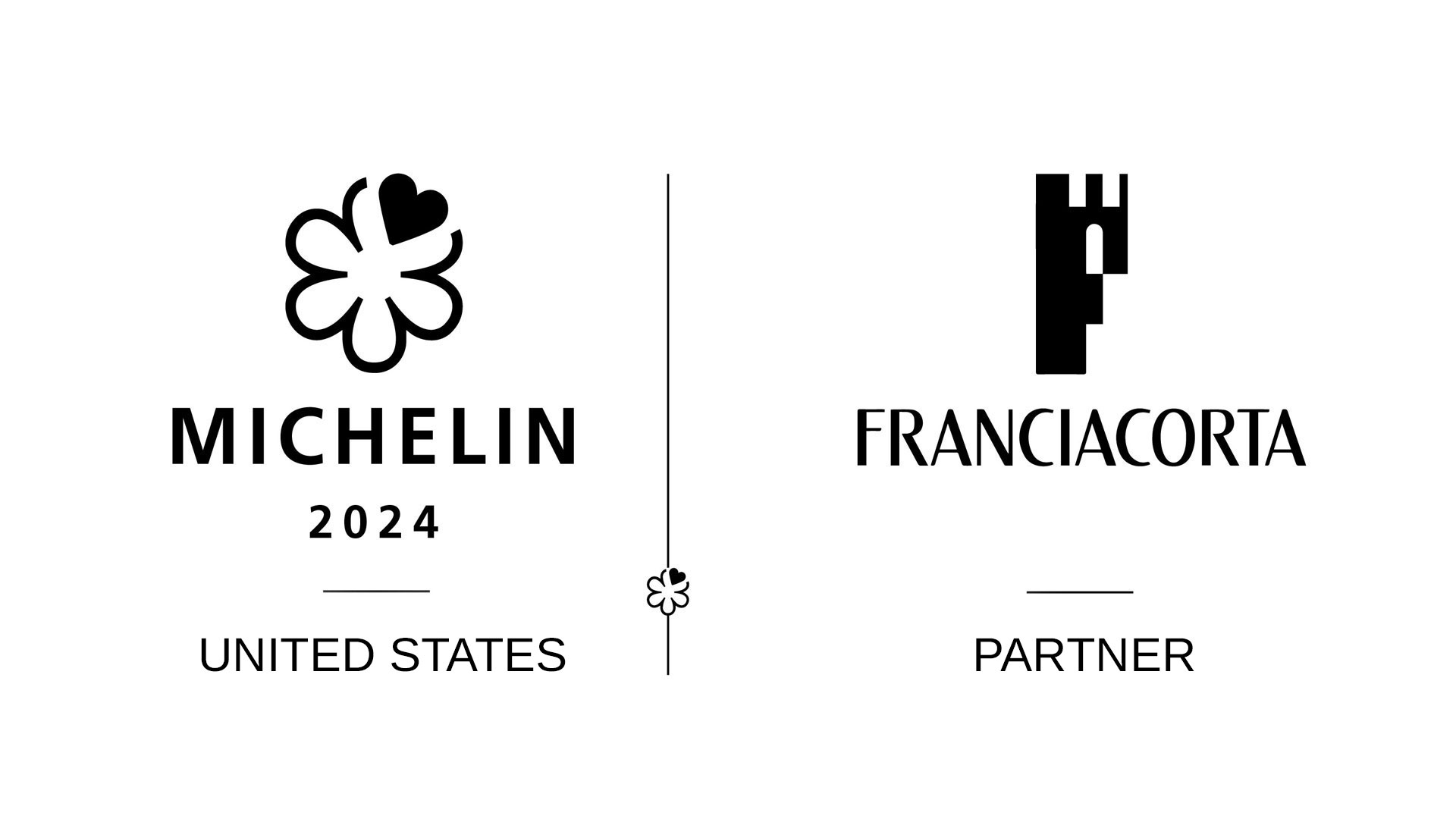
Hero image: Hawkeye Johnson / William Simons



